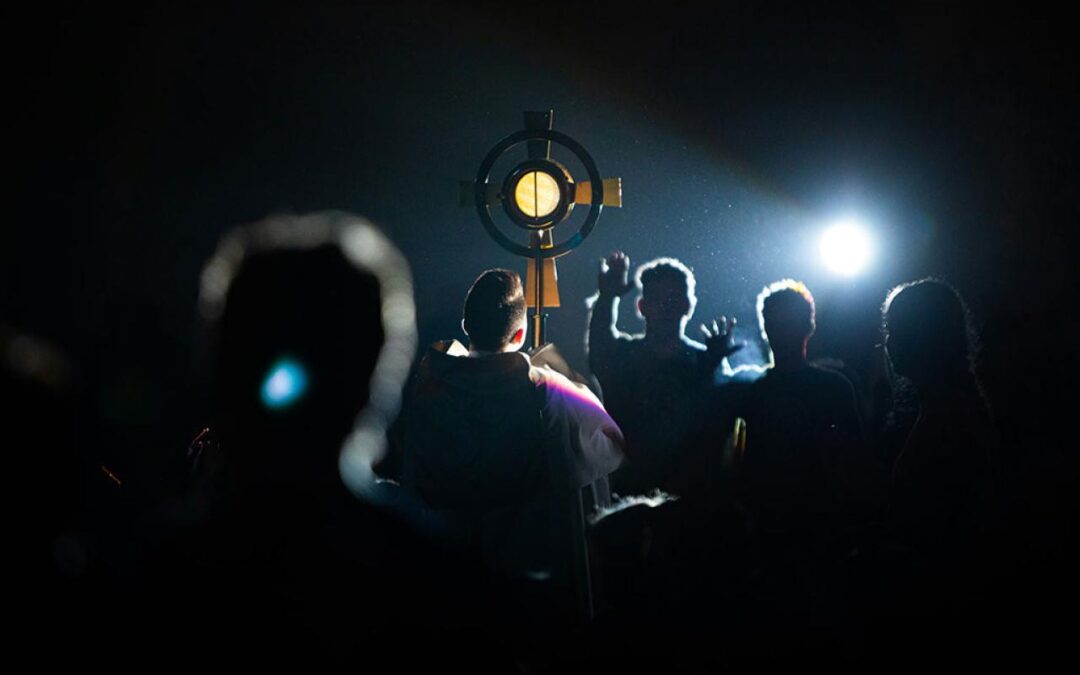


Revival – Really? Are we Moving Beyond the Secular Scepticism of Religion? by Abigail Frymann Rouch
Whisper it if you will, but an increasing number of observers are wondering if we are creeping towards some kind of Christian revival. High-profile public figures such as former atheist author Ayaan Hirsi Ali, novelist Paul Kingsnorth, comedian Russell Brand and storyteller Martin Shaw have converted. Articles and podcasts from secular writers and thinkers extolling Christianity’s influence on Western culture, the societal benefits of faith, or a renewed appreciation of the sacred, are becoming a more common sight than those tub-thumping for atheism. .

Context is Everything Because Nothing is what it is Without a Context by Hannah Gal
Our whole culture has been skewed by a belief that we have achieved a kind of wisdom which never existed in the past; and it’s just something we’ve invented in the last few decades. It’s a quite irrational position to take

Perennial Mysteries of Life & Death, Iain McGilchrist talks to Tim Freke (Part 2)
Perennial Mysteries of Life & Death, Iain McGilchrist talks to Tim Freke (Part 2) Friday, August 9, 2024 The excerpts below, are from an imho EXCELLENT 88-minute discussion: “WHAT IS LIFE?” between Tim Freke & Iain...
Perennial Mysteries of Life & Death, Iain McGilchrist talks to Tim Freke (Part 1)
Perennial Mysteries of Life & Death, Iain McGilchrist talks to Tim Freke (Part 1) Tuesday, July 16, 2024 The excerpts below, are from an imho EXCELLENT 88-minute discussion: “WHAT IS LIFE?” between Tim Freke & Iain...
A Landscape of Consciousness: Toward a Taxonomy of Explanations and Implications by Robert Lawrence Kuhn
Abstract: Diverse explanations or theories of consciousness are arrayed on a roughly physicalist-to-nonphysicalist landscape of essences and mechanisms. Categories: Materialism Theories (philosophical, neurobiological, electromagnetic field, computational and informational, homeostatic and affective, embodied and enactive, relational, representational, language, phylogenetic evolution); Non-Reductive Physicalism; Quantum Theories; Integrated Information Theory; Panpsychisms; Monisms; Dualisms; Idealisms; Anomalous and Altered States Theories; Challenge Theories. There are many subcategories, especially for Materialism Theories. Each explanation is self-described by its adherents, critique is minimal and only for clarification, and there is no attempt to adjudicate among theories. The implications of consciousness explanations or theories are assessed with respect to: meaning/purpose/value (if any); AI consciousness; virtual immortality; and survival beyond death. A Landscape of Consciousness, I suggest, offers perspective
